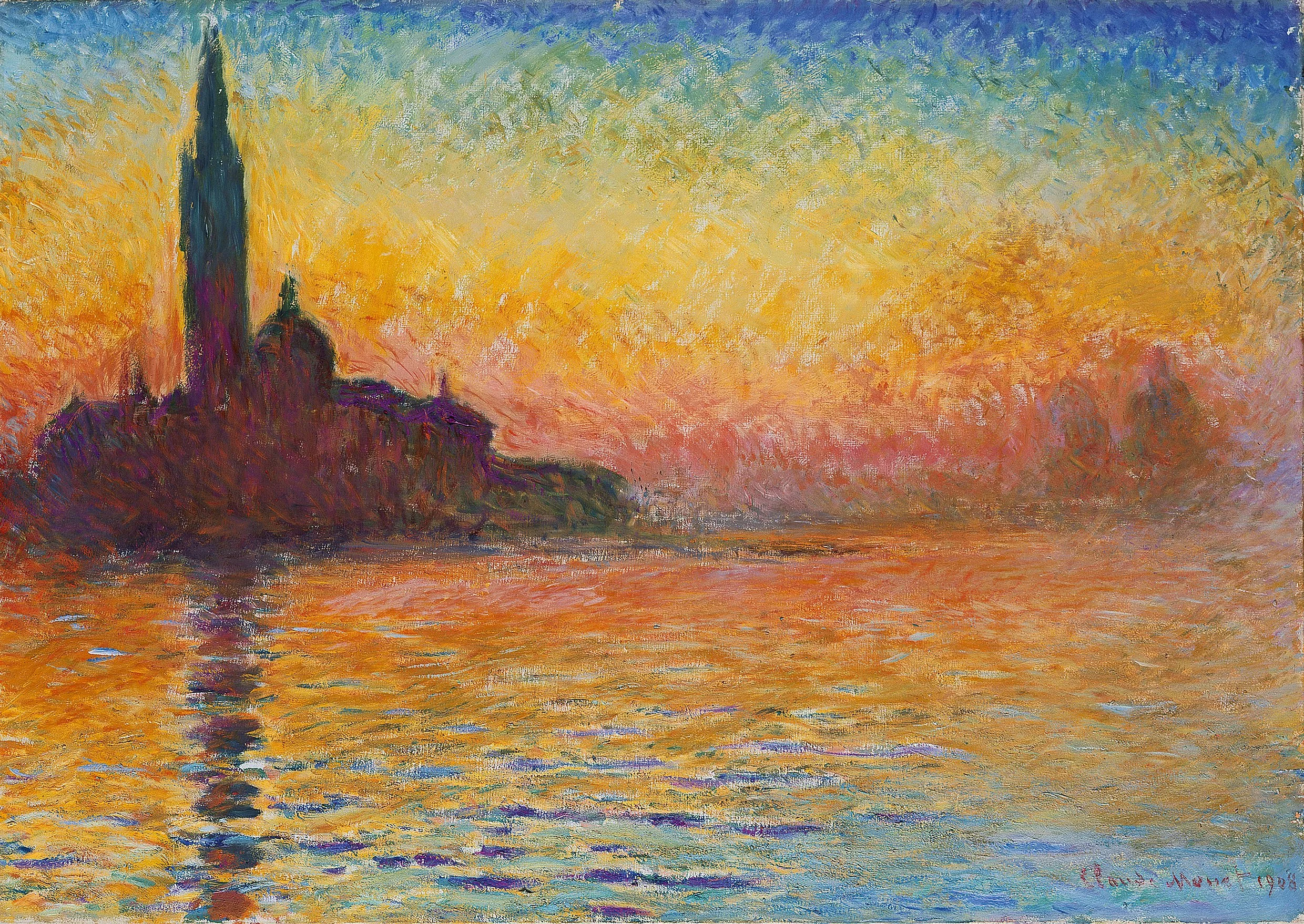Tanguy Viel (born 1973) is one of the most electrifying stylists of contemporary French literature, a writer whose taut, hypnotic prose has earned him the admiration of readers across Europe. Published exclusively by the legendary Éditions de Minuit, Viel has built a remarkable body of work exploring moral ambiguity, violence, and the devastating ways power operates in ordinary lives. Article 353 du Code pénal, published in 2017, won the Grand Prix RTL-Lire and swept France's literary prizes, becoming both a critical triumph and a popular sensation that has since been adapted into a powerful stage production.
The entire novel unfolds as a confession. Martial Kermeur sits across from an examining magistrate and explains—calmly, methodically—why he pushed Antoine Lazenec off his boat and watched him drown in the cold Atlantic waters off the Brittany coast. But as Martial speaks, something unexpected happens: the confession becomes an accusation. Through his quiet, relentless testimony, the victim transforms into the predator, and we begin to understand that there are forms of violence the law barely recognizes. Martial’s monologue builds like a storm over the ocean, his language rhythmic as the tides, as he reveals a history of manipulation and systematic destruction that raises an unsettling question: who is really on trial here?
Viel’s brilliance lies in his virtuoso control. The prose is spare yet musical, building relentless tension through accumulation rather than pyrotechnics. We never hear the judge's questions, only Martial’s responses, which forces us into uncomfortable complicity—are we witnesses? Jurors? Accomplices? The novel's title refers to Article 353 of the French penal code, which allows for reduced sentences when crimes are committed under “moral constraint,” opening vertiginous questions about culpability and whether certain forms of suffering can justify violence. Critics praised it as “a tour de force” and “devastating,” comparing Viel's technique to the precision of a watchmaker. This is literary thriller at its finest: gripping, morally complex, and impossible to put down. A masterclass in how great writing transforms genre into art.








